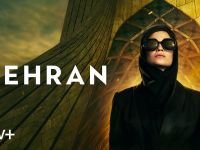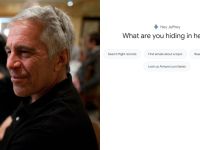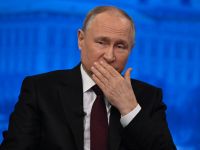At least three people have been killed and some 30 injured in new clashes in Ivory Coast following the contested re-election of President Alassane Ouattarare for a third term.
Violence broke out in the south-central town of M’Batto on Tuesday when a protest rally by opposition supporters led to a standoff with local backers of Ouattara.
The incumbent won the election on October 31 by a landslide amid an opposition boycott.
“The situation is calm now and reinforcements are patrolling the area,” said a gendarmerie spokesman as cited in an AFP report, confirming that three people were killed and 26 wounded. Other media sources say the figures could be higher.
Nine more people died in clashes in two other towns on Monday as the country’s top court validated Ouattara’s election victory.
The latest bloodshed in M’Batto follows the death of at least 40 people in clashes before and after the election.
More than 8,000 Ivorians have fled to neighboring countries, fearing further violence, the United Nations (UN)’s refugee agency said on Tuesday.
M’Batto, a provincial hub, is regarded as mostly loyal to opposition candidate and ex-prime minister Pascal Affi N’Guessan, who was detained on Friday. He and other opposition leaders are now facing terrorism charges for condemning the vote and forming a rival government.
Ouattara, a former economist at the Washington-based International Monetary Fund (IMF), who was first elected in 2010, has called on his chief rival, Henri Konan Bedie, to end the protests and hold talks to defuse the crisis.
“I will be the president for all Ivorians,” he declared in a national broadcast on Monday night.
There has been no official response from the main opposition party PDCI or its chief, Bedie. His Abidjan home remains surrounded by security forces.
However, the leader of one PDCI faction, N’Goran Djiedri, maintained a hard line, insisting, “We do not recognize the election. We all know he (Ouattara) violated the constitution.”
“Yes to dialog, but the rule of law must be respected,” he added.
Meanwhile, the West African bloc ECOWAS offered “warm congratulations” to Ouattara, but also called on him to bring Ivorians together.
Ouattara had promised that at the end of his second term, he would make way for the next generation, raising hopes for an end to long-running quarrels.
The sudden death of his designated successor in July, however, prompted him to change his mind.
His third term bid then angered opposition leaders, fueling tensions over a possible post-election chaos similar to the one in 2010-11 when the then-president Laurent Gbagbo refused to accept defeat by Ouattara, which led to a brief civil war that claimed almost 3,000 lives.
This article has been adapted from its original source.








